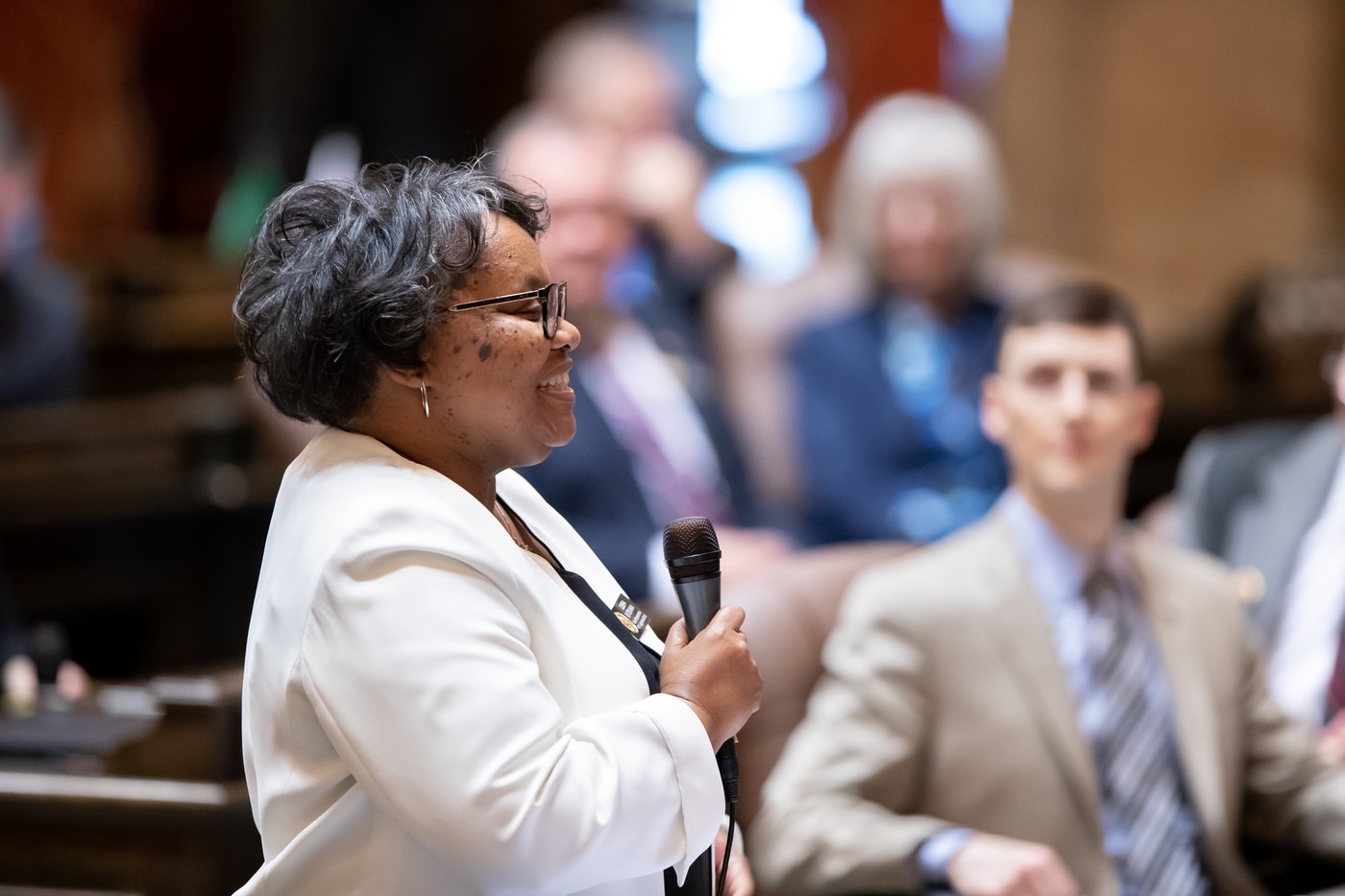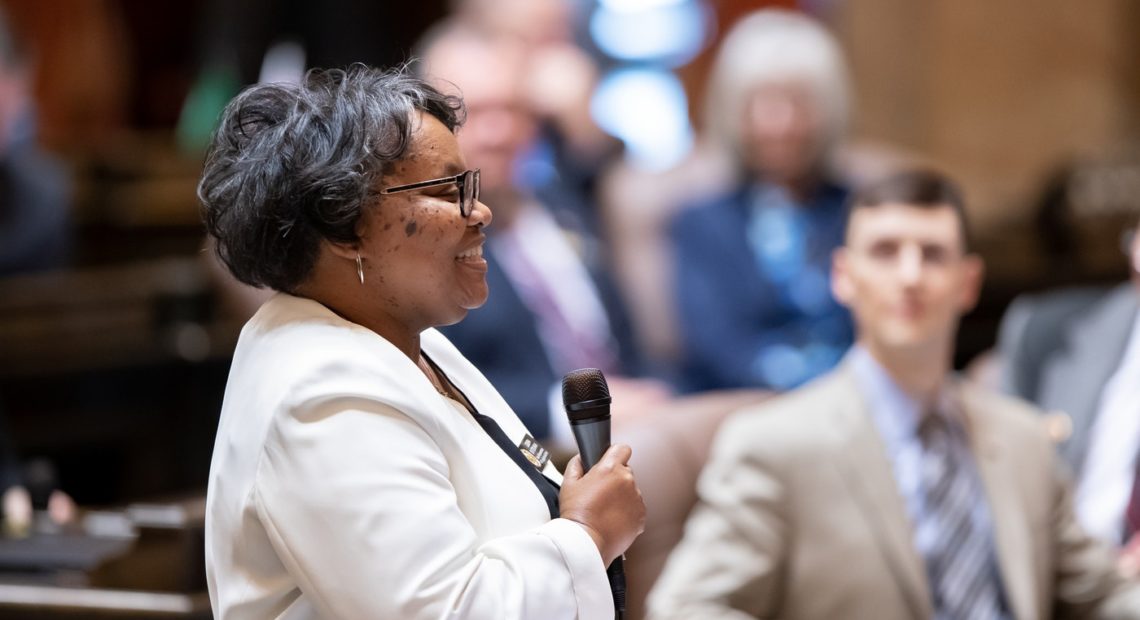
If This Bill Passes, Low-Income Washington Families Could Get A Sales Tax Refund
Read On
A new bill in the state legislature would ease the tax burden on working families by giving a chunk of sales tax money back to them.
Washington state has one of the most regressive tax systems in the country, with lower-income people paying higher rates than wealthy people.
The bill would give between $300 to $970 in state sales tax refunds to low-income workers and families who qualify.
People can already apply for a credit on federal sales taxes. In about 30 states, but not Washington, there is also a state tax credit available.
Democratic state Rep. Debra Entenman of Kent says offering the refund in Washington could significantly help some families.
“I come from a family where it was a single parent, my mother was a teacher she had three children, and my grandmother also lived with us”, Entenman said. “Having $350 extra dollars per year would have made a difference in our family.”
This is one of the first bills she has introduced as a new legislator — and it has nearly three dozen sponsors. Entenman is hopeful the bill will pass, but says she’s not going to get overly confident.
A similar measure flopped in recent years. The Washington State Legislature actually approved a sales tax credit in 2008, but the recession started, and the Legislature never funded it.
Entenman’s version, HB 1527, would make credits available to households with a maximum income between $40,000 and 54,884, depending on the size of the family.
It would offer the credit to people who do not quality for the federal Earned Income Tax Credit (EITC), including workers under 25 who don’t have children, immigrant workers and workers past retirement age who don’t have children.
The average refund would be $350, according to Entenman’s office.
“I know this might seem small to some people,” Entenman said. But, she added, for those “working full time and don’t have enough extra cash after they pay all their bills, this could make a significant difference.”
Entenman said her bill is a realistic way to help close the tax disparities in Washington, since options like an income tax face an uphill battle.
Copyright 2019 KUOW
Related Stories:
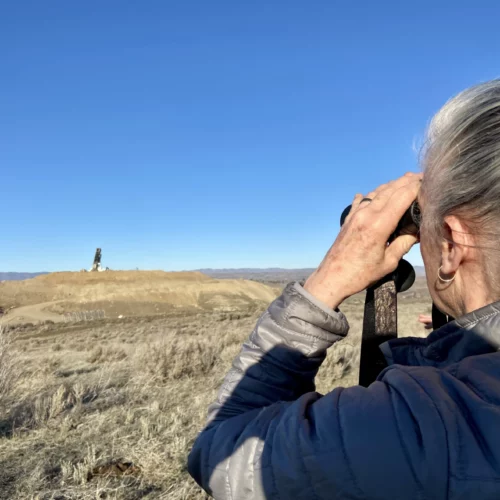
Washington state bill could strengthen regulations, increase fines for ‘troublesome’ landfills
While hiking, Nancy Lust, with Friends of Rocky Top, watches a truck dump waste into a landfill in Yakima County. Lust lives near the landfill and has fought to learn
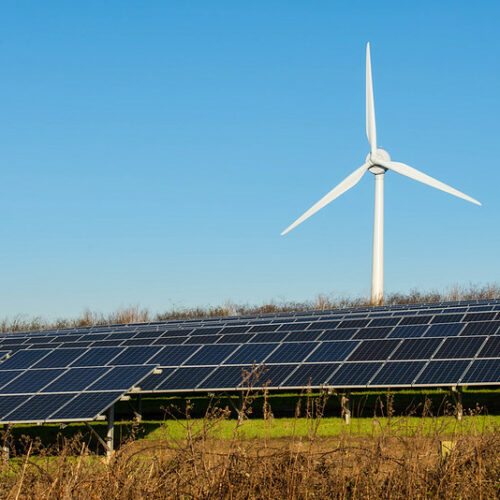
This bill could give Washington tribes, communities more say in wind, solar development
A new bill making its way through the Washington Legislature would require county and tribal approval for new wind and solar projects that go through the state’s Energy Facility Site
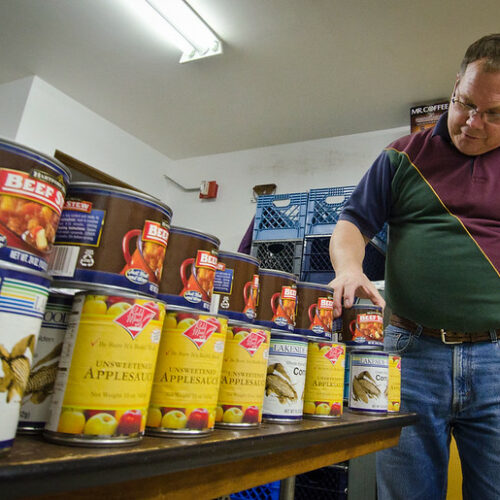
Rural areas hit hard by food insecurity, study finds
Joe Tice, the Tukwila Pantry’s executive director, stocks tables with canned goods at the food bank in Tukwila, Washington. (Credit: Lance Cheung / USDA) Listen (Runtime 1:03) Read Before she

